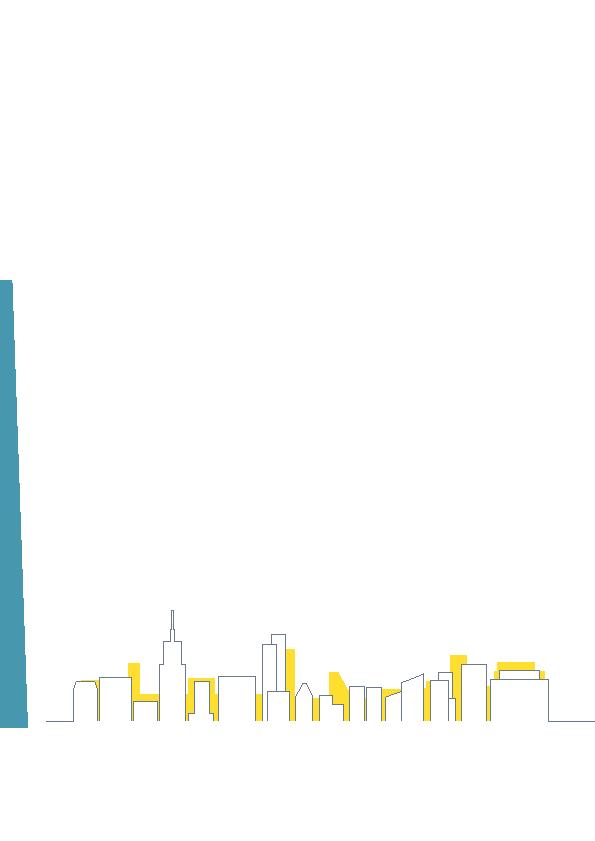
"Smart" is not too much about technology but rather about
achieving a better living environment offering the following
opportunities.
Integrated approach
· The approach helps create synergies among services.
Responsive planning + Urban management
· These result in easier, cheaper and faster consultation
processes that enable feedback throughout the process.
· They make possible changes in the development shape
throughout the implementation to reflect market needs
and other changes.
Financial gain
· Financial gain implies better return on capital invested with
less generated waste, significant future savings and more
desirable properties.
· It is a catalyst for development, jobs and new industries.
· It leads to low risks and lower insurance costs.
New business models
· Smart city technologies are cross-sectoral. They allow local
firms to expand their businesses and industries, establish
partnerships and allow for potential services.
2. WHY IS SMART VALUABLE?
The smartest thing about smart
Retrofitting + Sharing
The smartest thing is definitely not technology per se, but rather
how well technology is used in an integrated way to help the city
function more effectively. When cities exist and are not planned
from scratch, being able to retrofit smart designs is the smartest
edge of smart technologies.
Paris, London
Building on existing foundations + Engaging customers/users,
businesses and service providers is the smart thing to do. Why?
· End users can actively participate in the system.
· A better use of smart mechanisms is achieved.
· Open data policies achieve better mechanisms of governance:
they reduce or change traditional intermediaries to obtain
information, extend the possible use and interpretation of data
beyond the local context, and prompt the emergence of new
markets.
· The creation of new businesses and services fosters innovation
and adds value.
Open data policies have been implemented across the world:
in the US (the Open Government Directive in 2009), Canada,
France, Norway, Finland, and Brazil.
Abidjan, Ivory Coast
In 2013, the telecommunications company Orange released
2.5 billion call records from 5 million mobile phone users,
providing location information and helping to predict
transport patterns and conceive potential improvements for
bus routes. Travel times were reduced by around 10%.
The greatest pitfall is wanting to be a Smarter City
because it is sexy.
"
"
Haydee Sheombar, IBM
Opportunities of digital modelling
10
i10 |
Smart urbanism
